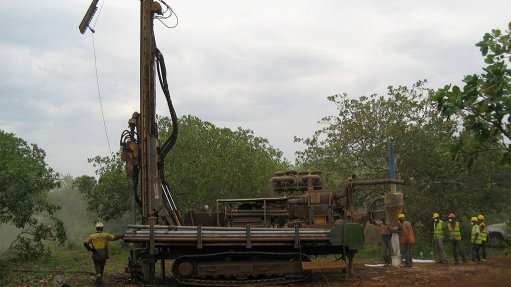
ADDITIONAL INVESTMENT
Tremont Investments increased its investment in the Panda Hill niobium project, in Tanzania, to to derisk the project
Photo by: Cumulus
ASX-listed company Cradle Resources indicated in July that Africa-focused mining platform Tremont Investments increased its shareholding in the Panda Hill niobium project, in Tanzania, to 37.5%.
Tremont invested $5-million to acquire a further 12.5% stake in the project, bringing its investment in the Panda Hill project to date to $10-million.
Cradle says the investment was made to derisk the project through an infill and extensional drilling programme, extensive metallurgical work and a prefeasibility study (PFS).
Tremont is expected to complete a feasibility study by the fourth quarter of this year, after which a decision to mine will be made. It has the right to contribute a further $5-million investment to the project to take its ultimate stake in the Panda Hill project to 50%.
The PFS completed on the Panda Hill project has confirmed a world-class niobium resource with excellent metallurgical recoveries. The base case for the PFS is premised on an openpit mining operation, providing two-million tonnes a year of mill feed over a 30-year life-of-mine.
This is the same scale of operation that was considered in the scoping study and approximates to 8% to 10% of world production. For this reason, and to simplify financing arrangements, the definitive feasibility study (DFS) will be scoped to achieve a more modest entry into the market, starting with a throughput of one-million tonnes a year.
The DFS will allow for production expansion as demand grows. In the early years of production, the successive pit cutbacks will target the high-grade Angel zone, with further expansion targeting the medium-grade, but high-recovery, fresh sovite mineralisation to the north.
As the Panda Hill mineralisation is a relatively clean material with low levels of impurities, particularly in uranium, tantalum and titanium, and a well-liberated mineralisation at coarse grind, a single-stage flotation method can be used to process the niobium ore.
The project has a post-tax net present value, at a 10% discount rate, of $470-million and an internal rate of return of 56%, with a payback of 1.5 years. The capital required for a two-million-tonne-a-year plant is estimated at $158-million, excluding preproduction and working capital costs. This includes a 13% overall contingency.
Meanwhile, MD Grant Davey has said that offtake discussions with traders and end-users were progressing well, and are focused on optimising pricing and volume. Users in the US, Europe and Asia are being targeted. All licence approvals have also been submitted to the Tanzanian government for assessment.